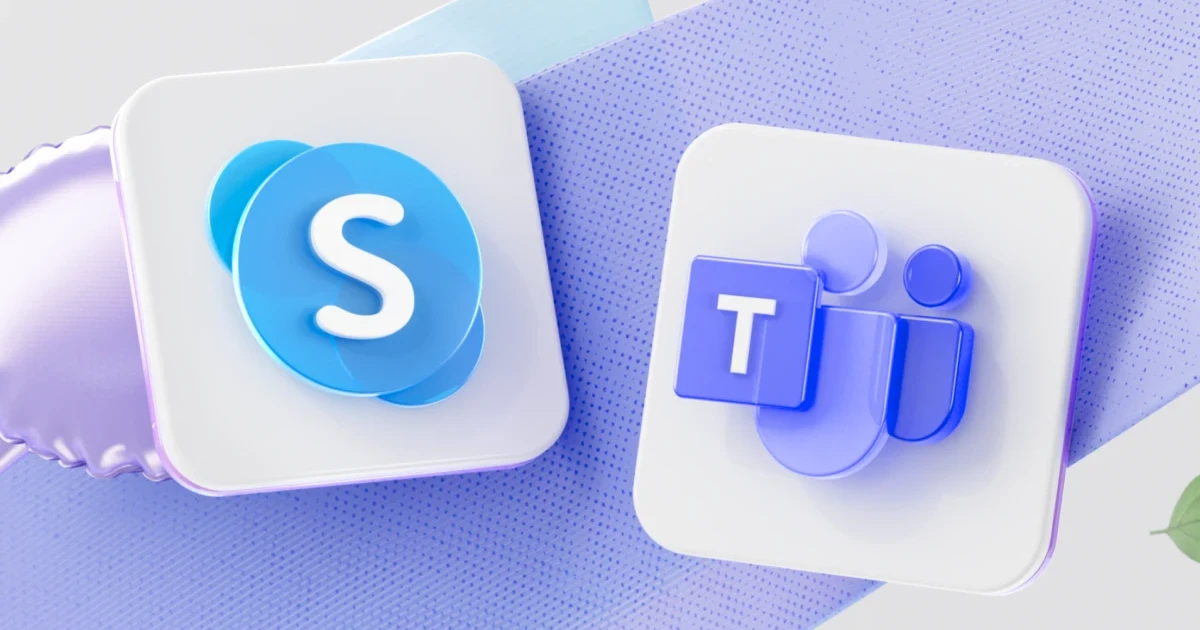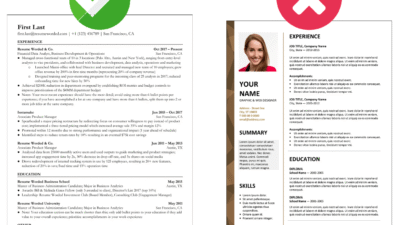Skype, once the reigning champion of video calling and messaging, has been a staple of digital communication for over two decades. But the landscape of communication tools is constantly evolving, and Skype is no longer the go-to platform for many users. With Microsoft’s recent move to phase out Skype in favor of newer services, many people are looking for alternative options. Whether you’re a personal user or a business professional, it’s time to consider what comes next. Let’s dive into why Skype is shutting down and the best alternatives for video calling and messaging in 2025.
Why is Skype Shutting Down?
Microsoft has been slowly moving away from Skype in recent years. While Skype is still available for use, the focus has shifted toward other services that provide better integration with Microsoft’s growing portfolio of products, such as Microsoft Teams. Teams, initially launched as a business collaboration tool, has increasingly become the central platform for both professional communication and remote work.
As Microsoft pushes Teams into a broader audience, including home users, Skype’s relevance has waned. Additionally, Skype has faced stiff competition from other platforms that offer enhanced features, smoother user experiences, and more modern interfaces. While Skype remains a trusted tool for many users, Microsoft has made it clear that it’s no longer a priority, with support and development plans leaning heavily toward Teams.
Skype’s Transition and What It Means for Users
For those who’ve relied on Skype for video calls, messaging, and international calls, the change might seem sudden. However, Skype isn’t disappearing overnight. Microsoft is gradually integrating Skype features into Teams, so users will be able to transfer their communication needs to this more modern platform. But the migration to Microsoft Teams can feel like a big leap for personal users who are accustomed to Skype’s simplicity.
If you’re a Skype user, you can continue using the platform for now, but it’s a good idea to explore alternatives for video calls, chat, and voice communications. In this post, we’ll look at the best Skype alternatives that might just meet your needs.
Best Skype Alternatives in 2025
- Microsoft Teams
As Skype’s successor, Microsoft Teams is the natural go-to choice for those already using Skype. Originally designed for businesses, Teams has expanded its user base, offering group chats, video calls, file sharing, and integrations with Microsoft 365 apps like Word, Excel, and PowerPoint.
Best for: Businesses, teams, and users in the Microsoft ecosystem.
Key Features:- Video conferencing with up to 1,000 participants.
- File sharing and collaboration.
- Seamless integration with Office apps.
- Customizable channels and teams.
- Zoom
Zoom is arguably the most popular alternative to Skype for video conferencing. It became synonymous with remote work during the pandemic and continues to be a go-to platform for business meetings, webinars, and virtual social gatherings.
Best for: Video conferencing, webinars, and personal meetings.
Key Features:- High-quality video calls and webinars.
- Screen sharing and virtual backgrounds.
- Breakout rooms for smaller discussions.
- Recording and cloud storage.
- Google Meet
Google Meet is Google’s answer to video calling, integrated directly with Gmail and Google Calendar. It’s an excellent option for users already within the Google ecosystem, as it’s free and allows easy scheduling and meeting management.
Best for: Google users and casual video meetings.
Key Features:- Simple interface with no downloads needed.
- Integration with Google apps.
- Free calls with up to 100 participants.
- Real-time captions and screen sharing.
- WhatsApp
WhatsApp isn’t just for text messaging anymore. It has powerful video and voice calling features that rival Skype’s, and it’s available on both mobile and desktop platforms. The app also offers end-to-end encryption, which makes it a great choice for privacy-conscious users.
Best for: Personal communication and group chats.
Key Features:- End-to-end encryption for secure communication.
- Free voice and video calls.
- Easy file sharing and status updates.
- Group video calls with up to 8 people.
- Signal
If privacy is your primary concern, Signal is a great Skype alternative. It’s an open-source, encrypted messaging app that offers text, voice, and video calling features. Signal is renowned for its security, making it a popular choice for privacy-focused users.
Best for: Privacy-conscious individuals and secure communication.
Key Features:- End-to-end encryption for all communications.
- Minimalist design with no data collection.
- Voice and video calls.
- Group chats with encryption.
- Discord
Originally designed for gamers, Discord has become a popular platform for all types of online communities. It offers robust voice and video calling features, along with text chats, file sharing, and even live streaming. It’s highly customizable, making it a versatile tool for casual users and organizations alike.
Best for: Online communities and casual users.
Key Features:- Voice, video, and text chat in servers.
- Screen sharing and live streaming.
- Customizable channels and roles.
- Free with premium options for additional features.
- Viber
Viber is another popular messaging app that offers voice and video calling features similar to Skype. It’s available on both mobile and desktop devices and is known for its clarity and reliability. Viber also includes features like stickers and group chats, making it a fun option for personal communication.
Best for: Personal calls, group chats, and international communication.
Key Features:- High-quality voice and video calls.
- Free international calls to Viber users.
- Text messaging with stickers.
- Group chats and file sharing.
- FaceTime
If you’re an Apple user, FaceTime is an excellent alternative. It’s a simple and highly reliable platform for video and audio calls, integrated directly into iPhones, iPads, and Macs. FaceTime is perfect for anyone who values seamless integration within the Apple ecosystem.
Best for: Apple device users.
Key Features:- HD video and audio calls.
- Works across all Apple devices.
- Group FaceTime with up to 32 participants.
- End-to-end encryption.
Conclusion What’s Right for You?
While Skype remains a tool used by many, its time seems to be fading as Microsoft focuses on Teams and the world moves toward more modern, integrated communication platforms. Whether you’re looking for something more suited to business, casual conversations, or privacy, there’s an alternative that can match your needs.
Consider the platform that best aligns with your personal or professional requirements whether it’s Microsoft Teams for business collaboration, Zoom for video conferencing, or Signal for secure messaging. No matter which tool you choose, it’s clear that communication options are more diverse than ever, and there’s no shortage of quality Skype alternatives to explore.
What are your thoughts on Skype’s shutdown? Are you planning to make the switch to something else? Let us know in the comments!



